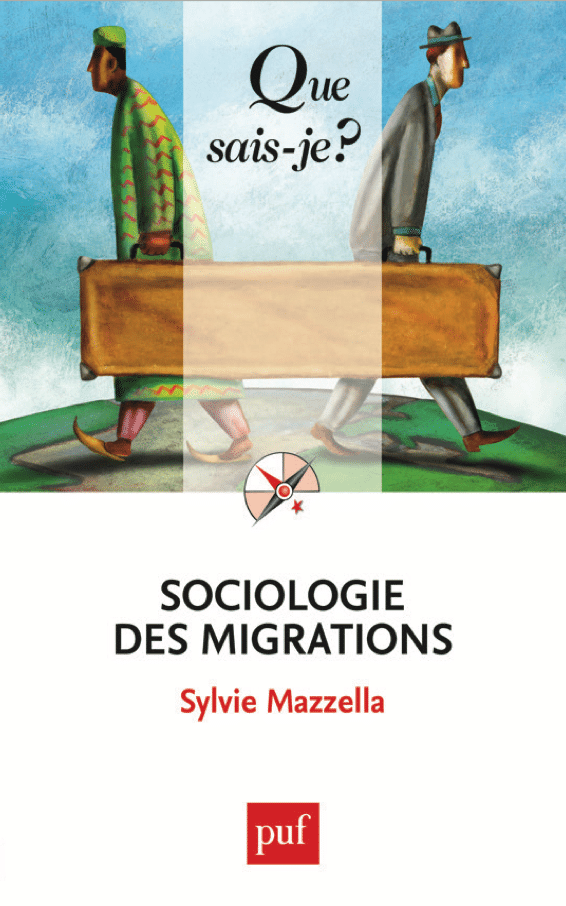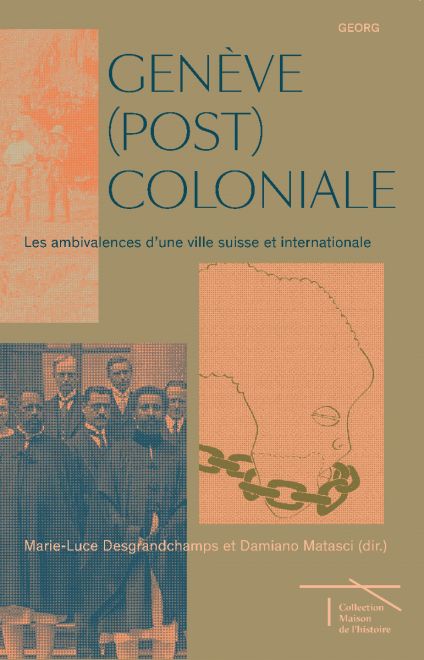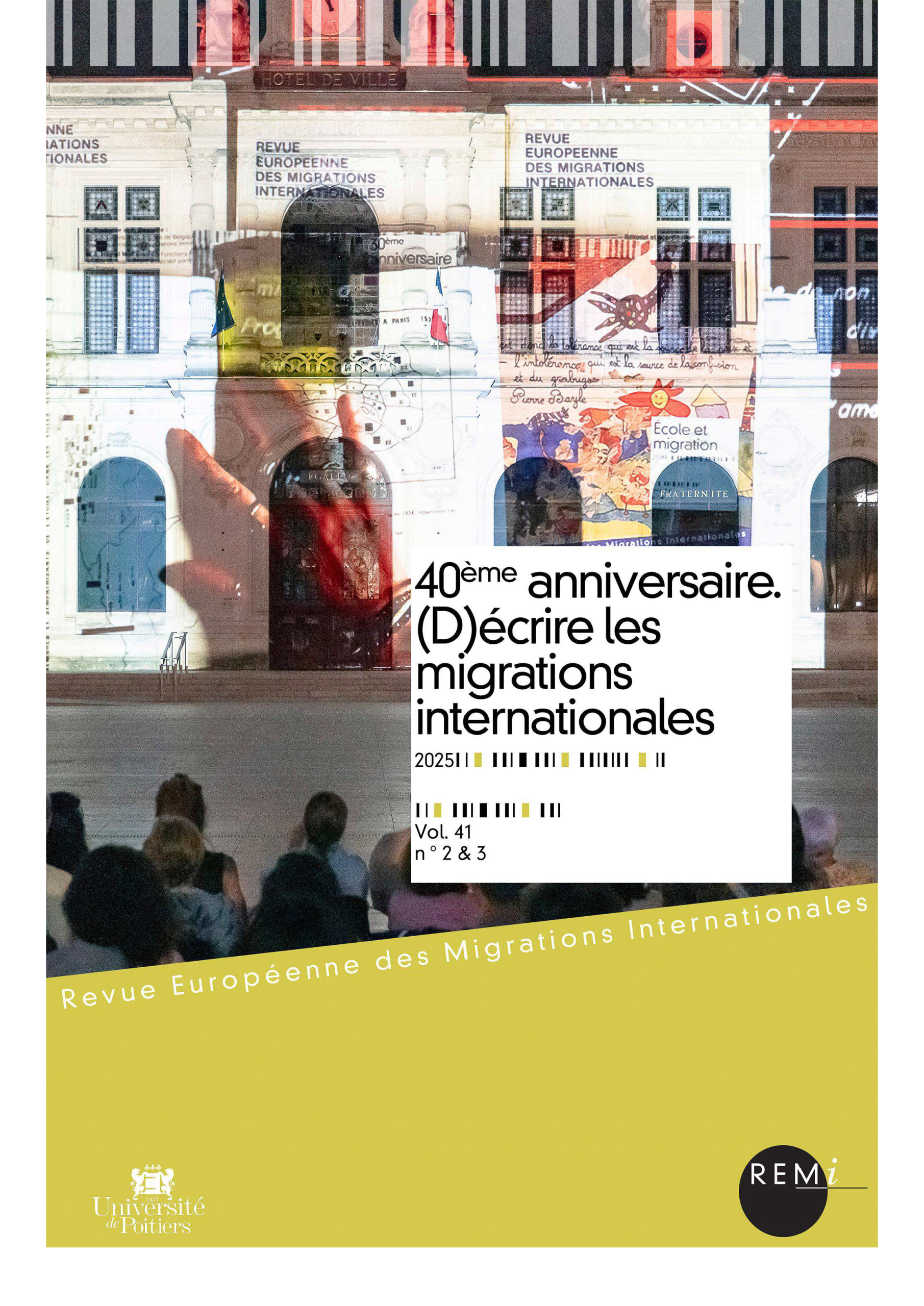Sylvie Mazzella, Sociology of migration

PUF, "Que sais-je?" collection, May 2014 - reissued 2021.
The voluntary or forced mobility of people from one country to another certainly did not start in the 21st century. However, the number of migrants in the world has tripled in 40 years, reaching 3 % of the world's population. Both the scale and the nature of migratory flows have changed. In response to these flows and the changing attitudes of host countries, the concepts of "tolerance threshold" and "migration risk" have emerged.
Simplifying migration, security and asylum policies are tending to merge, while there is still a lack of international or transnational legal institutions capable of imposing real collective regulations and real social protection on a global scale. New questions are being raised, which make it essential to better understand and think about migration: are the increasing numbers of people denied asylum now forming a new category of stateless people? What kind of social reproduction does a lifestyle that straddles two or more countries increasingly engender? Or will migration from south to south replace migration from south to north?
As a sociologist, Sylvie Mazzella takes stock of the research carried out to analyse migratory phenomena.
It thus highlights the significant renewal of knowledge made possible by transnational approaches.
Share on
Read also


